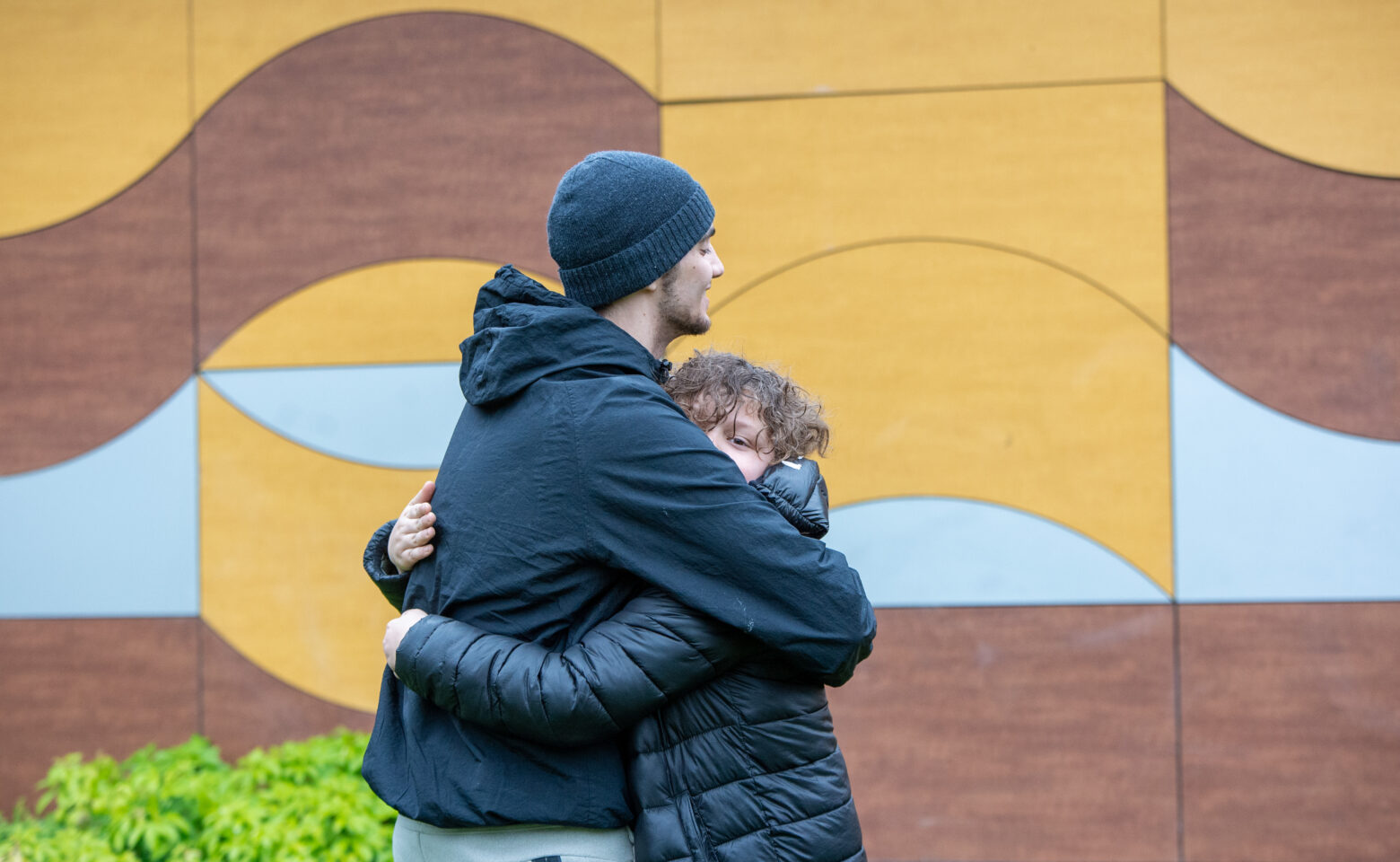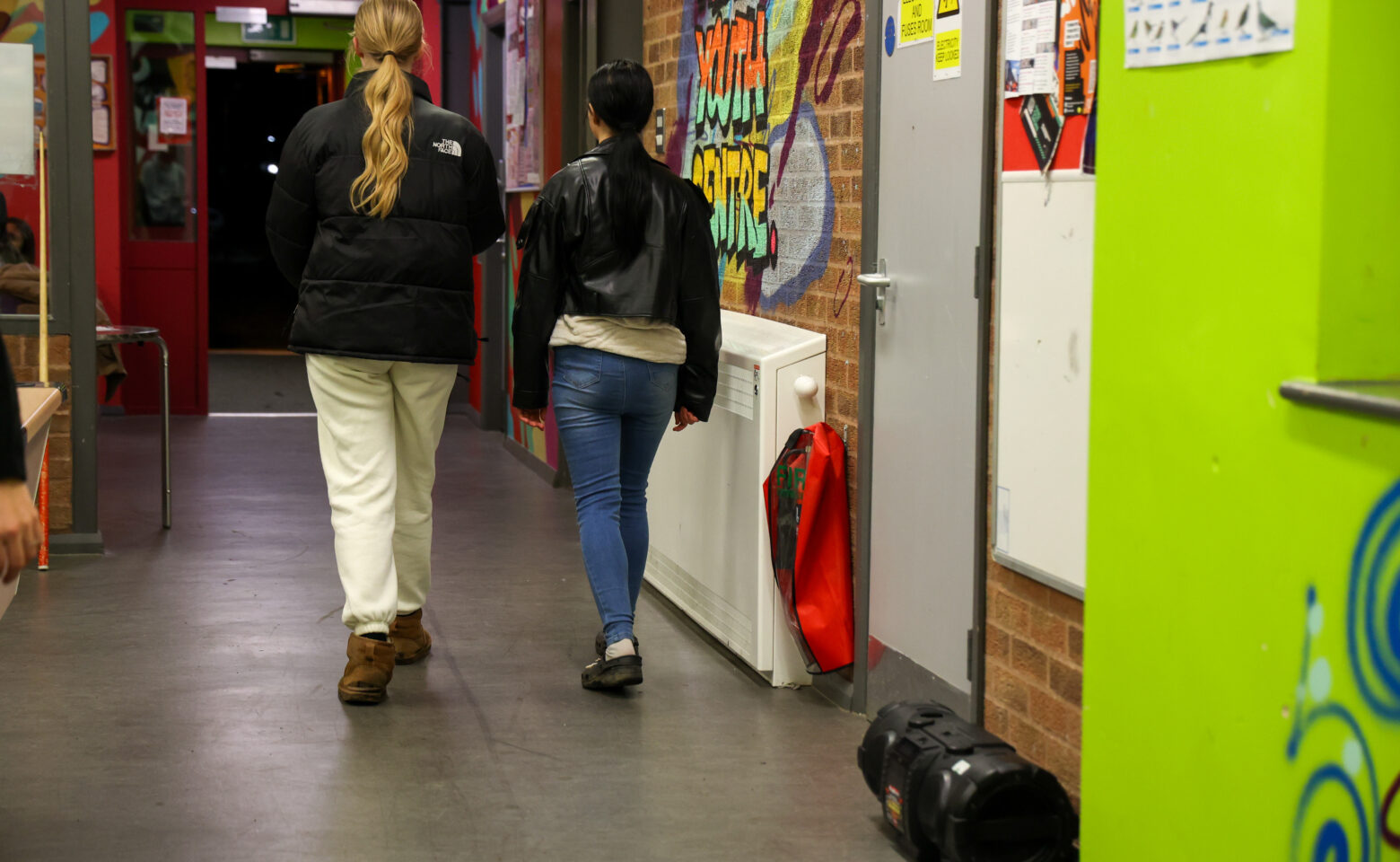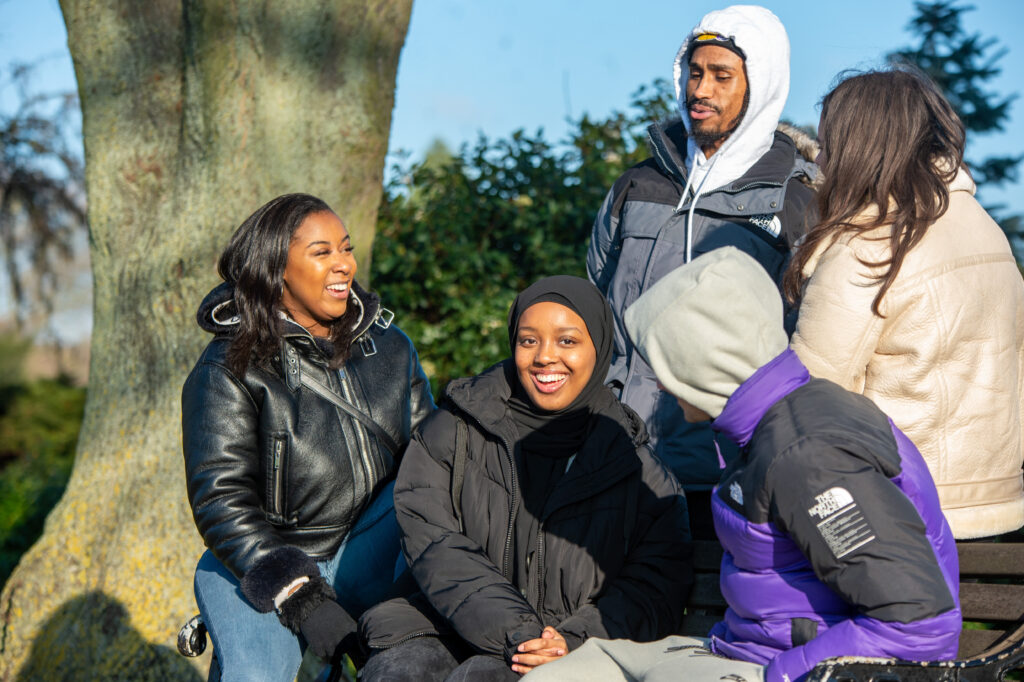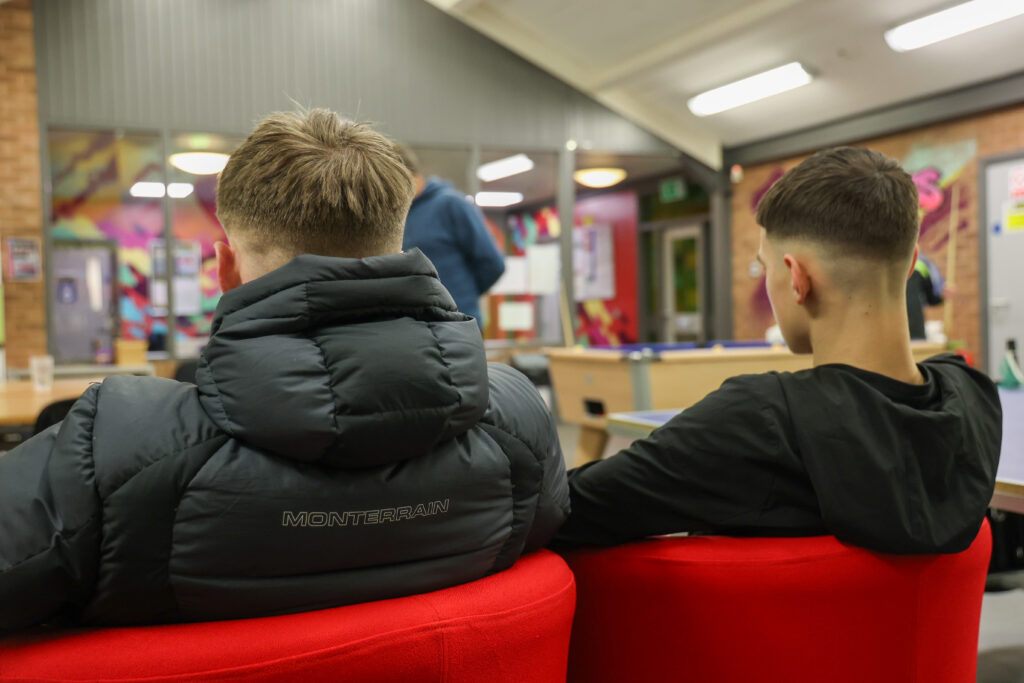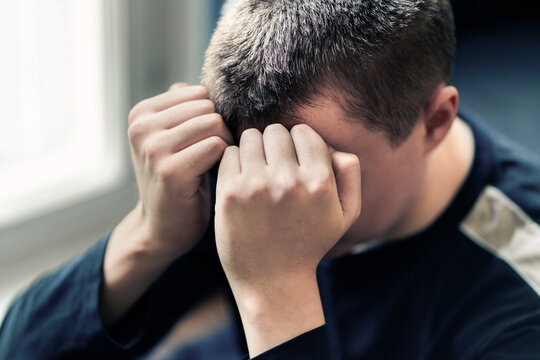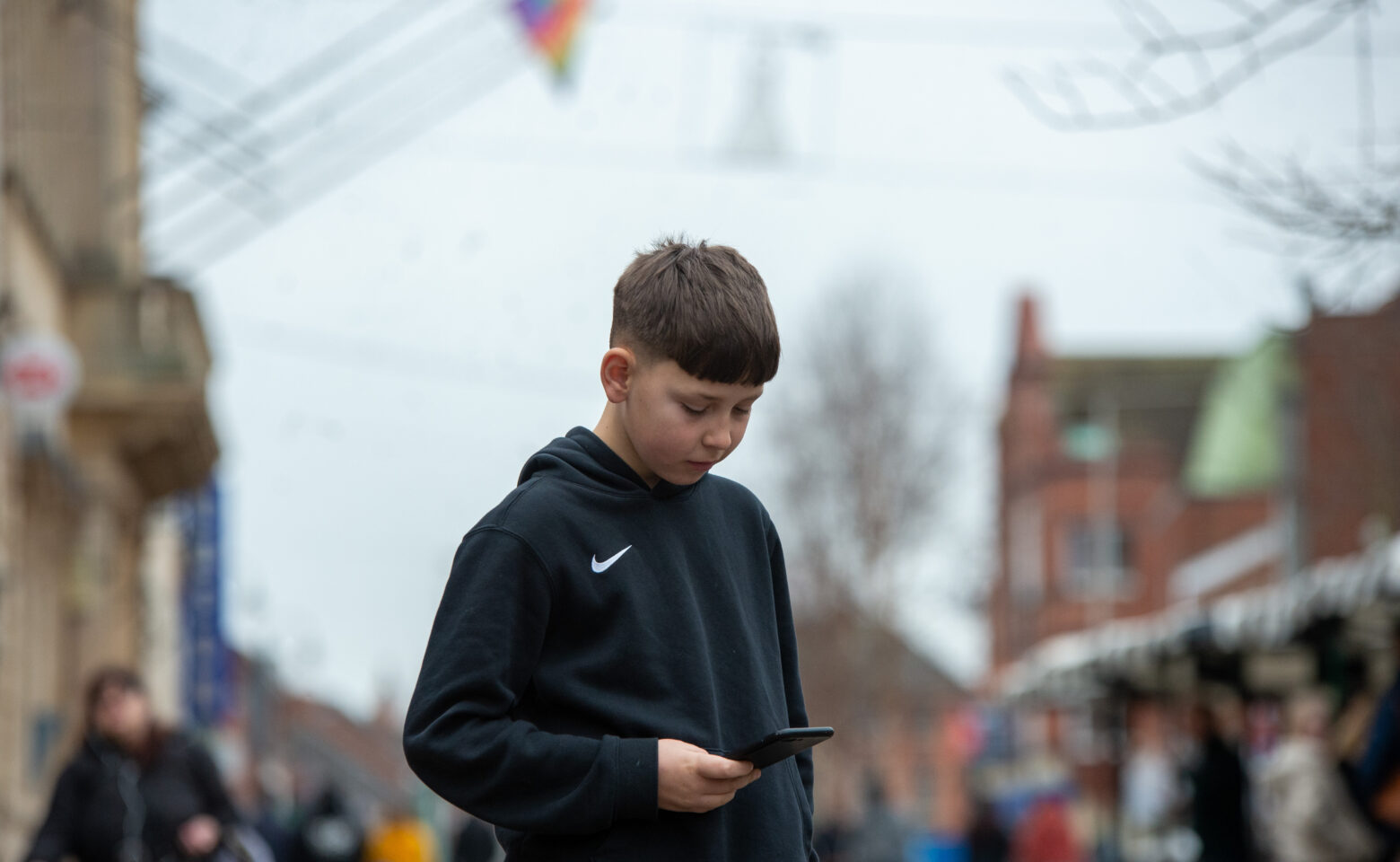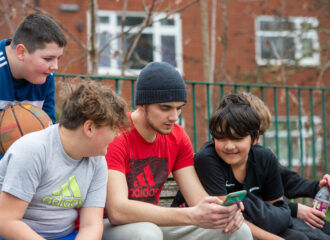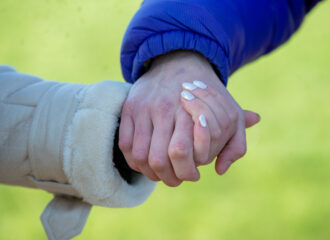WHAT IS A HEALTHY RELATIONSHIP?
Relationships come in many different forms – friendships, romantic relationships, family relationships and all the rest.
As a parent or carer of a young person it can be difficult to keep track of the many different forms of relationships your child is in, both online and in person.
There are many different factors that influence our children and young people’s perceptions of what a healthy relationship looks like. These include examples set by those who surround them, including parents and carers or other family members, behaviours witnessed through the media and social media and/or even gender stereotypes and behaviours within society e.g., pornography.
It’s important that as a parent or carer, you’re able to recognise if something is wrong in a young person’s relationship and take appropriate action to keep them safe.
We have advice to help you to talk to your children and young people about relationships, and to spot early signs of unhealthy and abusive relationships.
HEALTHY RELATIONSHIPS IN YOUNG PEOPLE
Healthy relationships are ones where are children and young people feel safe and supported as they grow up. They enable young people to feel respected and valued for who they are, and feel supported and encouraged.
Healthy relationships require:
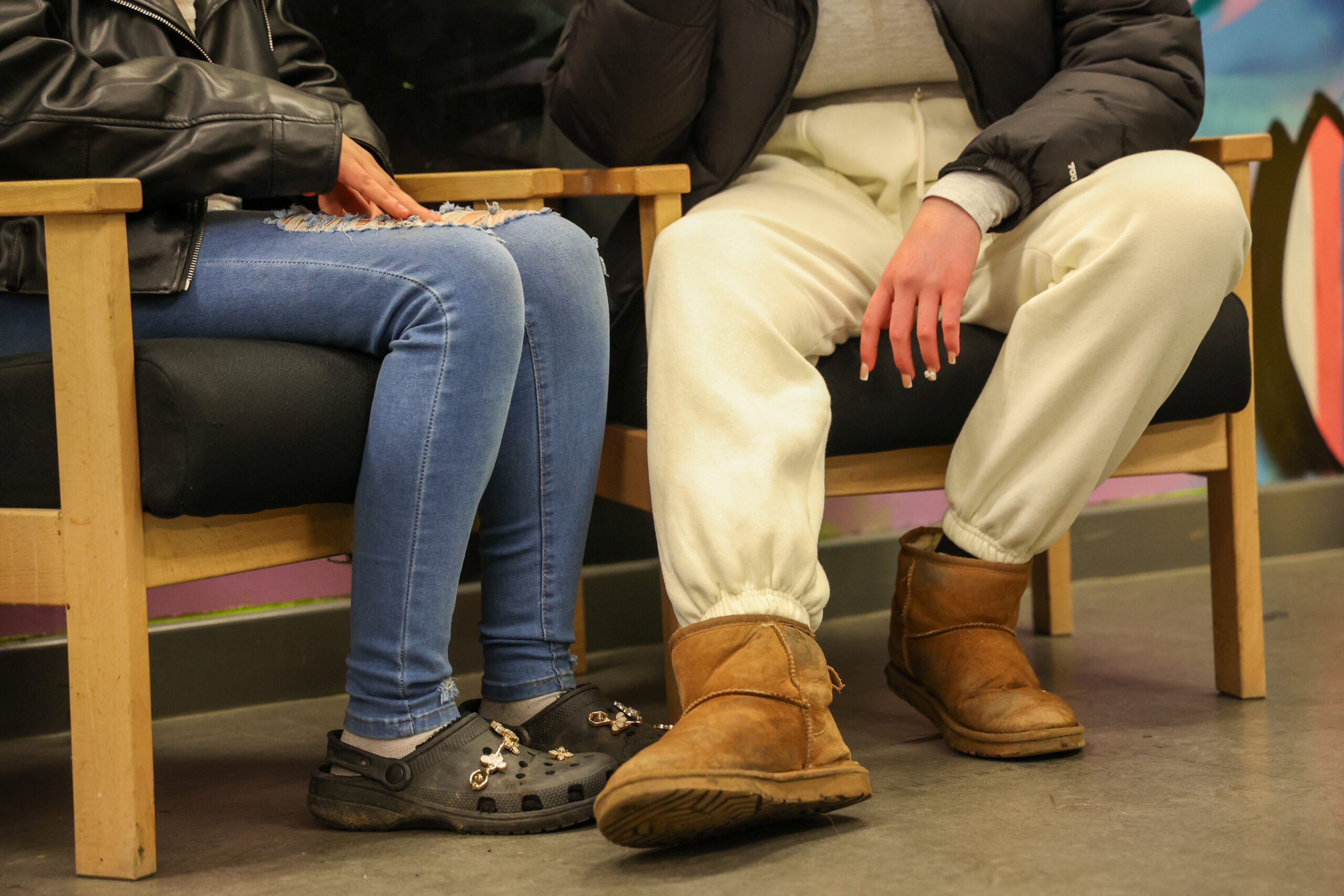
GOOD COMMUNICATION
Young people have the right to feel safe. They should be able to express their thoughts and feelings, knowing they’ll be listened to and respected. Young people have the right to express their values and set their own limits. They’ll be able to reach a compromise when disagreements arise.
TRUST
Trust is very important in a healthy relationship and is something that will be built over time. When trust is lost, it can cause a break down in a relationship and cause a young person to feel paranoia, anxiety and a feeling of being on edge.
RESPECT
Mutual respect is key to a healthy relationship. Young people should be able to communicate their values and limits whilst also listening to other’s values and limits and respecting boundaries. A healthy relationship includes having privacy and time to themselves.
SPACE AND BOUNDARIES
In a healthy relationship, young people will be able to set their own boundaries that they feel comfortable with and communicate this with the other person. This also requires listening to and respecting the other person’s boundaries.
SPOT THE SIGNS OF AN UNHEALTHY ROMANTIC RELATIONSHIP
A young person might not always realise that they are in an unhealthy relationship, so it is important for you as a parent or carer to try to identify early if your child is in an unhealthy relationship.
Here are some early signs:
- Persistent changes to a child’s mood or behaviour.
- Spending less time with their friends.
- Being controlled in how they are living day-to-day. For example:
- Becoming isolated from family.
- Being told what to wear.
- Having their money, access to food or day-to-day items controlled.
- Being prevented from going to school, college or university or working. Or feeling reluctant to go.
- Being told what to wear.
- Feeling pressured to do things they’re uncomfortable with. For example:
- Sending a nude image.
- Having sex
HOW CAN I TALK TO MY CHILD ABOUT RELATIONSHIPS?
- Starting up the conversation early can help young people form what they want and do not want in relationships, and can also help them identify what is acceptable behaviour and what is not.
- It is important to spot the signs if you think a young person is in an abusive relationship or unhealthy relationship so that you can support them in making decisions to safeguard themselves.
- Share your experiences of when you were younger with your child or young person so they can see that you may have gone through similar things too.
START THE CONVERSATION
It might feel awkward and this is natural under the circumstances. But there are ways you can make the conversation easier:
- Try and find a good time to start the conversation. Try having the conversation as a general chat and in a neutral location such as on a walk, or in the car rather than at home where there could be distractions. It’s important that the conversation is not too formal.
- Talk to your child or young person on a level and answer their questions honestly. This can be a positive way of finding out what their expectations are and teaching them to respect themselves.
- It can help to relate the conversation to something that has happened. For example, using a character or storyline from a TV series that they are watching. You could ask your child or young person whether they think the relationship is healthy or unhealthy and continue the conversation from there.
- Try asking them what they would do in certain scenarios, or what they want from their ideal person and what attributes they might be looking for.
- If your child or young person discloses any form of abuse, see advice below on what to do next. For more information on abuse, click here.
MY CHILD HAS DISCLOSED ABUSE
- Listen carefully to what they’re saying.
Be patient and focus on what you’re being told. Try not to express your own views or feelings. - Show your child or young person that you care and help them to open up.
Give them your full attention and listen without interrupting. Be compassionate and reassure them that their feelings are important. - Slow down and take your time.
Let them talk at their pace and don’t interrupt them while they’re talking. Try not to rush them and let them know that they can talk to you again at another time if they don’t feel comfortable sharing everything straight away. Sometimes it can take several conversations. - Show you understand.
Show that you’re interested in what your child is telling you and check if you’re unsure by repeating back what they’ve told you. Use their language to show it’s their experience. - Let them know they’ve done the right thing by telling you.
Reassurance can make a big impact. If they’ve kept the abuse a secret it can have a big impact knowing they’ve shared what happened. - Tell them it’s not their fault.
Abuse is never a child or young person’s fault. It’s important they hear, and know this. - Explain what you’ll do next.
Explain you will be reporting it to someone who can help. - Report it as soon as possible.
Report it straight away so the details are still fresh in your mind and action can be taken quickly. It can be helpful to take notes as soon after. - If your child or young person is in immediate danger, call Leicestershire Police straight away on 999.
- See HELP AND SUPPORT for further advice.
HELP AND SUPPORT
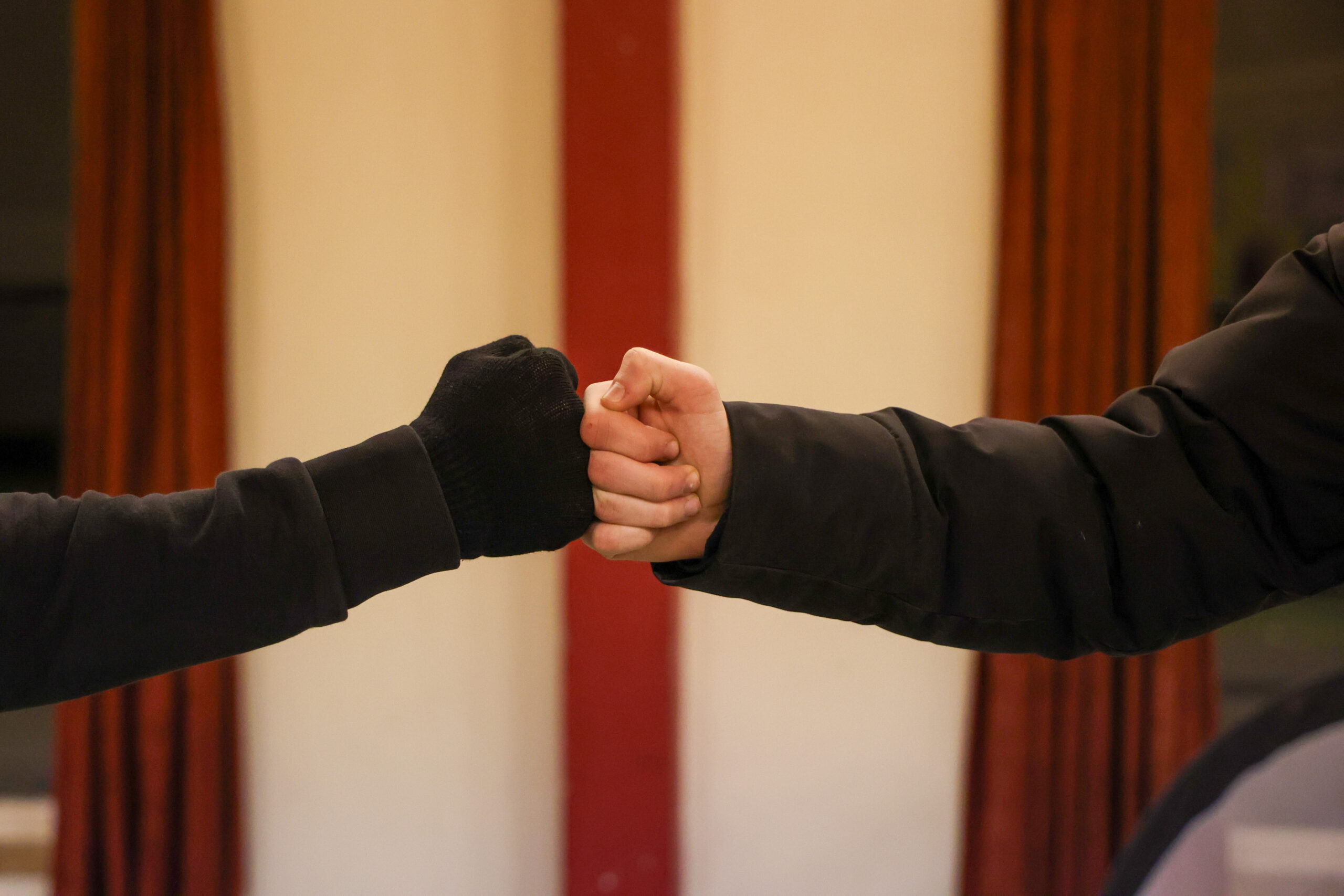
- If your child or young person is in immediate danger, call Leicestershire Police straight away on 999.
- If your child has disclosed abuse, contact NSPCC Helpline by calling 0808 800 5000 or emailing help@NSPCC.org.uk.
National Helplines: - Rape Crisis: 24/7 helpline for victims of rape and sexual abuse 0808 500 2222
- Mankind Initiative: For male victims of Domestic abuse: 0182 333 4244
- Galop: For LGTBT+ communities for support for Domestic violence and hate crime: 0800 999 5428.
- If you are worried that your child or young person is a victim within an abusive relationship, you can find sources of local support below:
- FreeVa provide young people of all ages who are a victim of domestic or sexual abuse with emotional and practical support.
Call the helpline on 0808 802 0028 (Monday to Friday 8am-8pm, Saturday-Sunday 10am-4pm). - First Step provide young men aged 13+ with free confidential services to male survivors of sexual abuse and their supporters.
- TRADE provide young people of all ages within the gay, lesbian or trans communities with information, confidential health advice and services.
- Quetzal provide females aged 16+ with counselling for trauma of childhood sexual abuse.
- Jasmine House provide females aged 13+ of sexual abuse, violence and rape with emotional support, Counselling, information, advice.
- Victim First provide young people of all ages who are a victim of crime with emotional and practical support, information and advice. They also provide support for anyone who has been affected by crime (such as family and friends of victims).
- FreeVa provide young people of all ages who are a victim of domestic or sexual abuse with emotional and practical support.
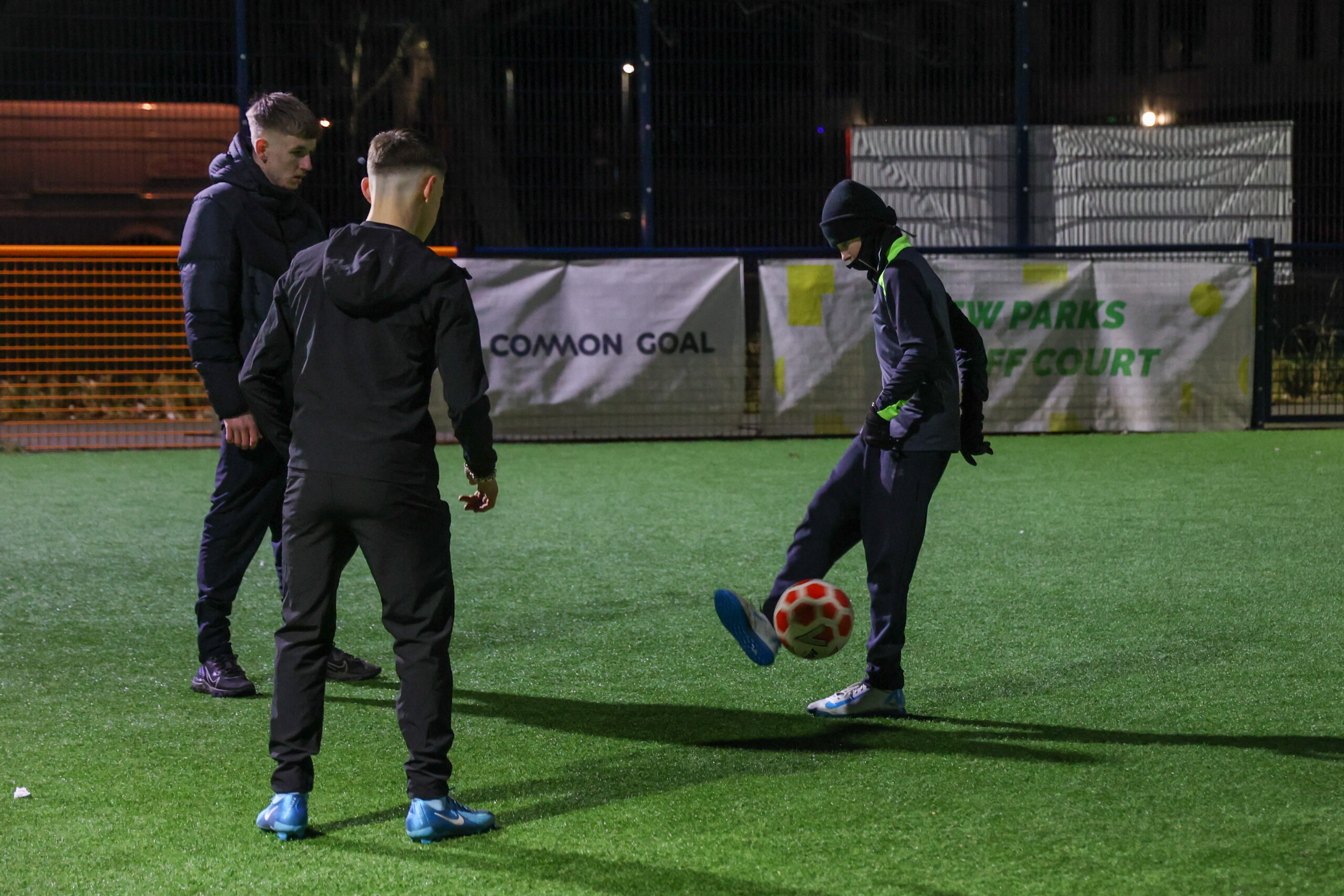
Worried that your adolescent is being abusive towards you?
- The YP Project, The Jenkins Centre – may be able to help.

Worried that you are in an abusive relationship?
Children and young people learn and develop best when they have strong, loving, positive relationships with parents and other carers.
Their ideals and values can form very early as they watch the relationships their parents may have. It is important to bear this mind.
If you are worried that you are in an unhealthy or abusive relationship and this is negatively impacting your child or young person, there are people who can help.
- FreeVa provide adults who are a victim of domestic or sexual abuse with emotional and practical support.
Call the helpline on 0808 802 0028 (Monday to Friday 8am-8pm, Saturday-Sunday 10am-4pm). - TRADE provide people of all ages within the gay, lesbian or trans communities with information, confidential health advice and services.
